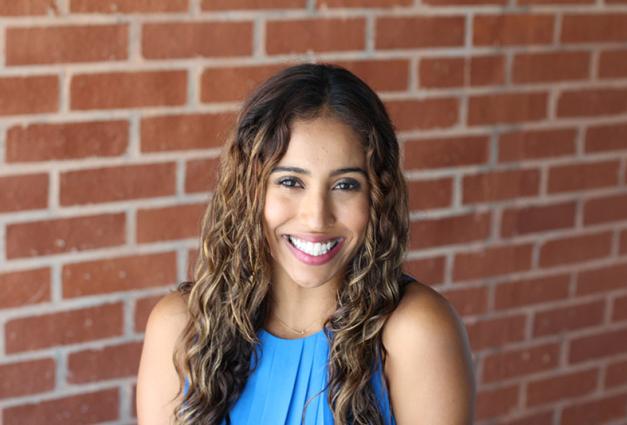As researchers across many areas and universities focus more on individuals in the lesbian, gay, bisexual, transgender, and questioning or queer (LGBTQ) community, they are also studying individual identities within this diverse community.
Dr. Paz Galupo, a professor at Towson University, is exploring the intersection of sexual orientation and gender identity. While doing this, she centers on non-normative identities, or people who are on the margins of sexuality and gender.
“My passion and inspiration for doing this research comes from feeling the huge gap between lived experiences of people in the margins (bisexual and trans individuals) and the way we conduct science on sexuality,” says Galupo.
Galupo’s research draws attention to critiquing existing scales for sexual orientation measurement and reconceptualizing sexuality.
LGBTQ participants do not feel that traditional scales capture fluidity and milestones, so Galupo introduced a gendered sexuality scale to address critiques from transgender and plurisexual individuals. Individuals may have sexual orientations that are plurisexual (i.e. bisexual, pansexual, queer, fluid) or monosexual (i.e. heterosexual, gay, lesbian).
This scale was rated as more accurate than traditional scales by not only gender and sexual minorities, but also by heterosexual and cisgender individuals.
Galupo conceptualizes nonbinary identities, which refers to thinking about gender in more terms than only male or female. Gender is a private identity that can be male, female, both, or neither. When asking nonbinary or agender students to describe their gender identities, gender identity was viewed as blended, fluid, nonbinary, and more.
Another part of her research focuses on sexual orientation, the internal mechanism that directs sexual and romantic interests. It includes the dimensions of attraction, behavior and identity, but the three dimensions do not necessarily align.
“I think the biggest misconception about studying people's experiences in the ‘margins’ is that it is self-indulgent and not relevant to everyone else's experiences of sexuality,” Galupo said. “But what I have found is that we can take those lessons learned about the complexity of sexuality, and that complexity is actually relevant to ‘mainstream’ and normative (heterosexual and cisgender) experiences.”
By reconsidering measures typically used for research, researchers may be more inclusive of marginalized identities in future studies.
Written by: Hannah Snidman, Experimental Psychology Doctoral Student at Texas Tech University
Session: (Re)conceptualizing Sexuality from the Margins: Centering on Bisexual and TransExperiences,” part of Sexuality Pre-Conference, held Thursday, February 27th, 2020
Speaker: Dr. Paz Galupo, Professor of Psychology, Towson University




